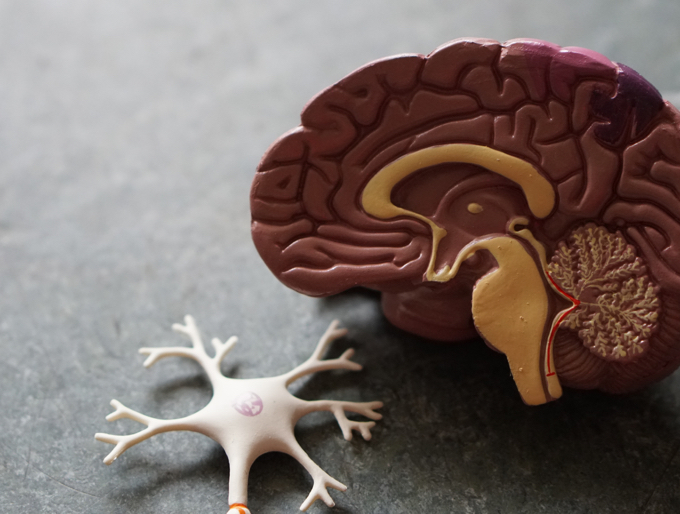University of Florida
The Toffler Scholar Program funds promising researchers studying neurological disorders.
Partnership
Researchers at the McKnight Brain Institute work to broaden the understanding of neurological disorders and change them from untreatable to treatable, incurable to curable, and inevitable to preventable.
In 2017, The Karen Toffler Charitable Trust formed a partnership with the Institute to provide its researchers with a path to early-stage funding and access to a supportive network. Since that time, the Toffler Scholar program already has supported seven young researchers, each of whom was chosen because of their innovative thinking, research excellence, and demonstrated passion for their work.
Toffler Scholar Research Award
Binh Nyen (MD)
Yuxing Xia (MD)
Hunter Futch (PhD)
Adithya Gopinath
Toffler Scholar Leadership Awards
Dr. Robert Eisinger (MD, PhD)
Dr. Kelly Demars (PhD)
Dr. Marissa Ciesla (PhD)
Dr. Hunter Futch (MD, PhD)
Dr. Latoya Allen (PhD)
Dr. Sruti Rayaprolu (PhD)
Adithya Gopinath
Kathleen Hupfeld
Zachary Sorrentino (MD)
“The creation of the Toffler Scholar Program allows us to recognize the extraordinary accomplishments that our graduate students make in neuroscience research, education and outreach within the scientific community and to the local public. Our Toffler Scholars are pursuing research that has advanced our understanding of therapeutic tools for Alzheimer’s disease, Parkinson’s disease, stroke, spinal cord injury, and lysosomal storage diseases. Their outreach activities can be seen throughout the community as they speak to children from kindergarten through high school and often continue these efforts by mentoring undergraduates in the laboratory setting. Funding from the Toffler Trust both rewards and enables our outstanding next generation in neuroscience.”
- Jada Lewis, Ph.D.,
Deputy Director of the UF McKnight Brain Institute
Scholar Spotlight
Hunter Futch
Hunter Futch is a young researcher studying the impacts of psychologic stress and stress hormones on Alzheimer’s disease and Parkinson’s disease.
Problem
Alzheimer’s disease affects more than 37 million people worldwide. Recent clinical reports indicate that chronic stress may significantly increase the risk of developing Alzheimer’s Disease. Corticotropin-releasing hormone (CRH) is released in response to stress. To date, clinical trials attempting to block the receptor sites for CRH have been unsuccessful.

Research
Hunter Futch’s early research identified a way to mark and study stress hormones. The promising results of those experiments helped win him a fellowship from the NIH to focus on neutralizing stress hormones with vaccines.
Impact
The goal of this research is to discover clinically effective ways to reduce stress through immunotherapeutic targeting of CRH, thereby reducing the number of people affected by Alzheimer’s disease.